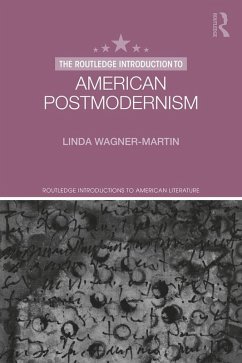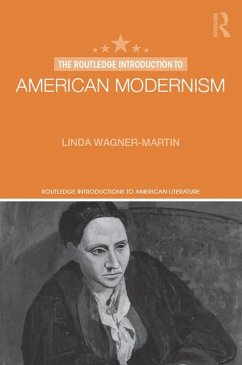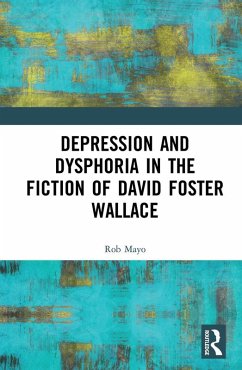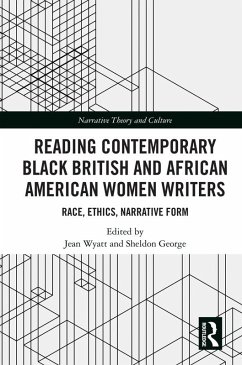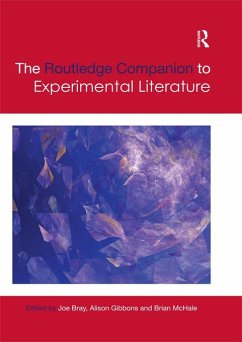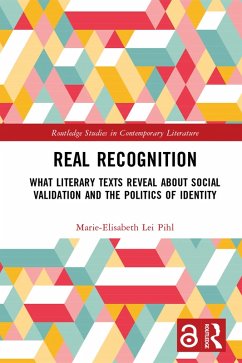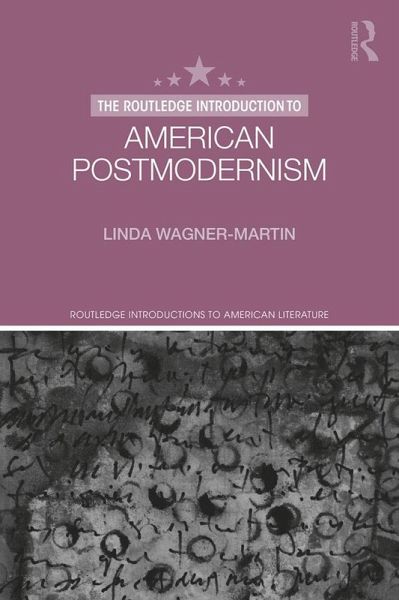
The Routledge Introduction to American Postmodernism (eBook, PDF)
Versandkostenfrei!
Sofort per Download lieferbar
38,95 €
inkl. MwSt.
Weitere Ausgaben:

PAYBACK Punkte
19 °P sammeln!
The Routledge Introduction to American Postmodernism offers readers a fresh, insightful overview to all genres of postmodern writing. Drawing on a variety of works from not only mainstream authors but also those that are arguably unconventional, renowned scholar Linda Wagner-Martin gives the reader a solid framework and foundation to reading, understanding, and appreciating postmodern literature since its inception through the present day.
Dieser Download kann aus rechtlichen Gründen nur mit Rechnungsadresse in A, B, BG, CY, CZ, D, DK, EW, E, FIN, F, GR, HR, H, IRL, I, LT, L, LR, M, NL, PL, P, R, S, SLO, SK ausgeliefert werden.




